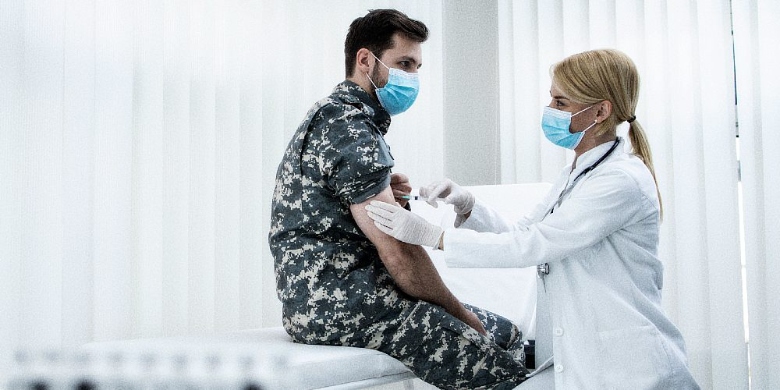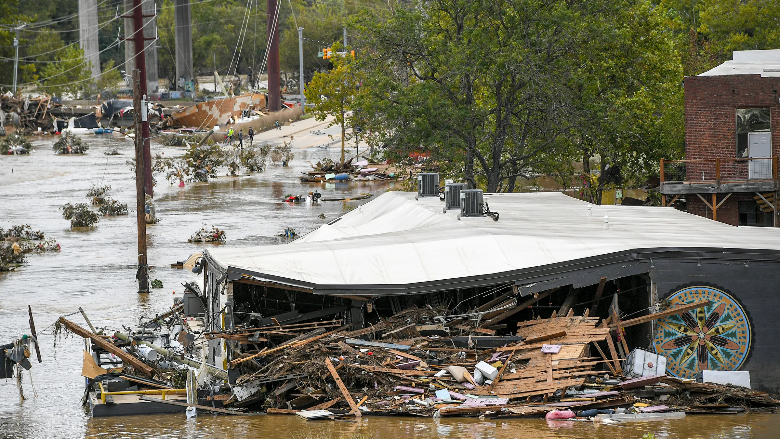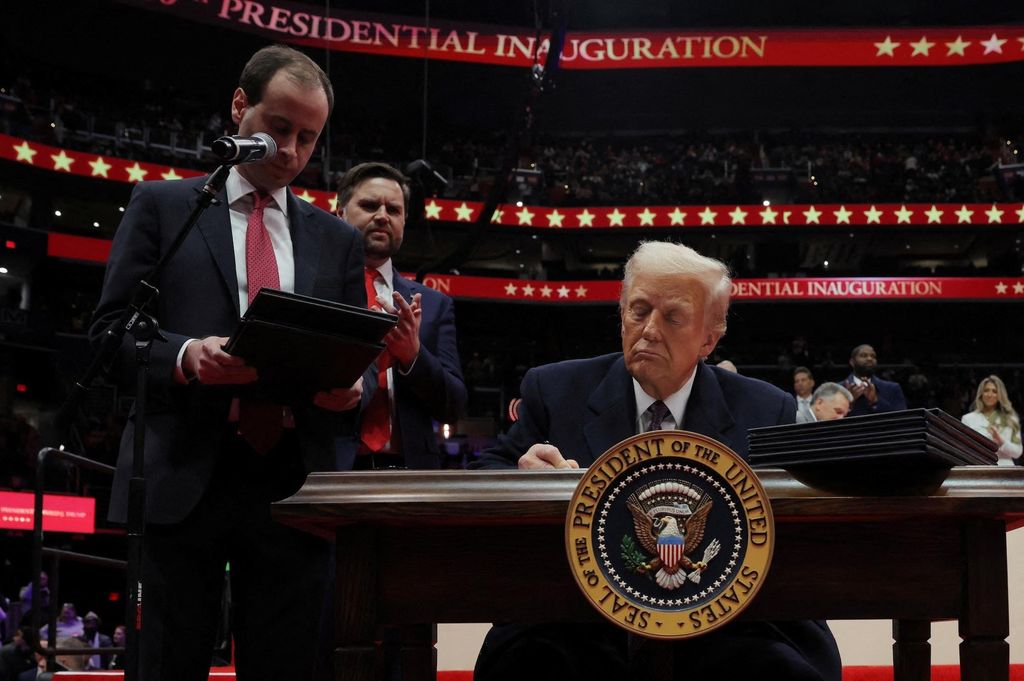The Department of Defense (DoD) stands accused of ignoring critical evidence of COVID-19 herd immunity among military service members, enabling the enforcement of an unnecessary and divisive vaccine mandate in 2021. Whistleblower-released documents have revealed that the military may have achieved herd immunity months before the mandate was imposed, raising questions about the decision-making process and its devastating impact on service members.
In December 2024, a whistleblower released a series of eight interim reports from a longitudinal seroprevalence study conducted by the DoD. This study, which examined 29,000 service members between May 2020 and June 2021, measured the presence of COVID-19 antibodies, a key indicator of immunity. The reports, marked “For Official Use Only” or “Controlled Unclassified Information,” remained hidden from the public until recently.
Seroprevalence studies are essential tools for tracking herd immunity, which occurs when a significant portion of the population becomes immune to a disease, either through infection or vaccination. According to these reports, the military likely achieved herd immunity by mid-2021, months before Secretary of Defense Lloyd Austin’s vaccine mandate took effect in August of that year. Despite this, the mandate went forward, leading to far-reaching consequences.
The mandate, which required all military personnel to receive COVID-19 vaccinations, triggered widespread resistance among service members. Those who refused the vaccine, even with medical or religious exemptions, faced disciplinary actions, denied accommodations, and, in many cases, were forced out of service. Others who complied were exposed to a vaccine that, according to the whistleblower’s data, may not have been necessary due to the already high levels of immunity within the military.
Among those affected was retired Air Force veteran Nick Kupper, who later became an Arizona state representative. Kupper had previously used antibody tests to secure medical exemptions for other vaccines, but his request for a COVID-19 vaccine exemption was denied despite clear evidence of immunity.
Kupper recalled being told by an immunologist on his base, “My bosses won’t let me [grant an exemption].” With no other options, he filed for a religious accommodation, which was also denied. He narrowly avoided separation from the Air Force, retiring just shy of 20 years of service after a legal injunction temporarily halted separations for unvaccinated Air Force members.
Interim Report #8, part of the whistleblower’s documents, highlighted high rates of seroprevalence and neutralizing antibodies among military personnel by mid-2021. This evidence strongly suggested that the military was already on a trajectory toward herd immunity. Despite this, the DoD withheld the findings until August 2023, long after the vaccine mandate had been imposed and later rescinded.
The delay in transparency left Kupper and many others disillusioned. “It pisses me off,” he said, expressing frustration with what he sees as a pattern of governmental overreach and disregard for individual rights. “How can the government, military, and supposed leaders disobey the law and refuse to right the wrongs they’ve done?”
The DoD’s decision to move forward with the mandate, despite evidence of existing immunity, has sparked widespread criticism. For Kupper, the issue is not just about the mandate itself but about the erosion of trust in military leadership. He believes those responsible for ignoring the data and implementing the mandate must be held accountable.
“There should be consequences,” Kupper stated, echoing calls from service members and their advocates for transparency and justice. A Freedom of Information Act (FOIA) request to obtain more details on the seroprevalence study is currently pending, with no timeline for completion provided.
Proponents of the vaccine mandate argue that it was necessary to safeguard operational readiness and protect service members during an uncertain time. They maintain that decisions were made based on the best available information, emphasizing the rapidly evolving nature of the pandemic. However, the whistleblower’s revelations cast doubt on these claims, suggesting that critical data was either ignored or suppressed.
The controversy over the vaccine mandate has reignited debates about the balance between public health policies and individual freedoms. For the military, an institution built on trust and cohesion, the fallout from these decisions could have long-lasting implications.
Moving forward, ensuring transparency and accountability will be key to restoring trust and learning from this episode. For Kupper and others affected by the mandate, the fight isn’t over. Their stories underscore the importance of addressing these wrongs and preventing similar situations in the future.
As the whistleblower’s revelations continue to unfold, they serve as a stark reminder of the need for transparency and ethical decision-making, particularly in matters that profoundly impact the lives of service members.



